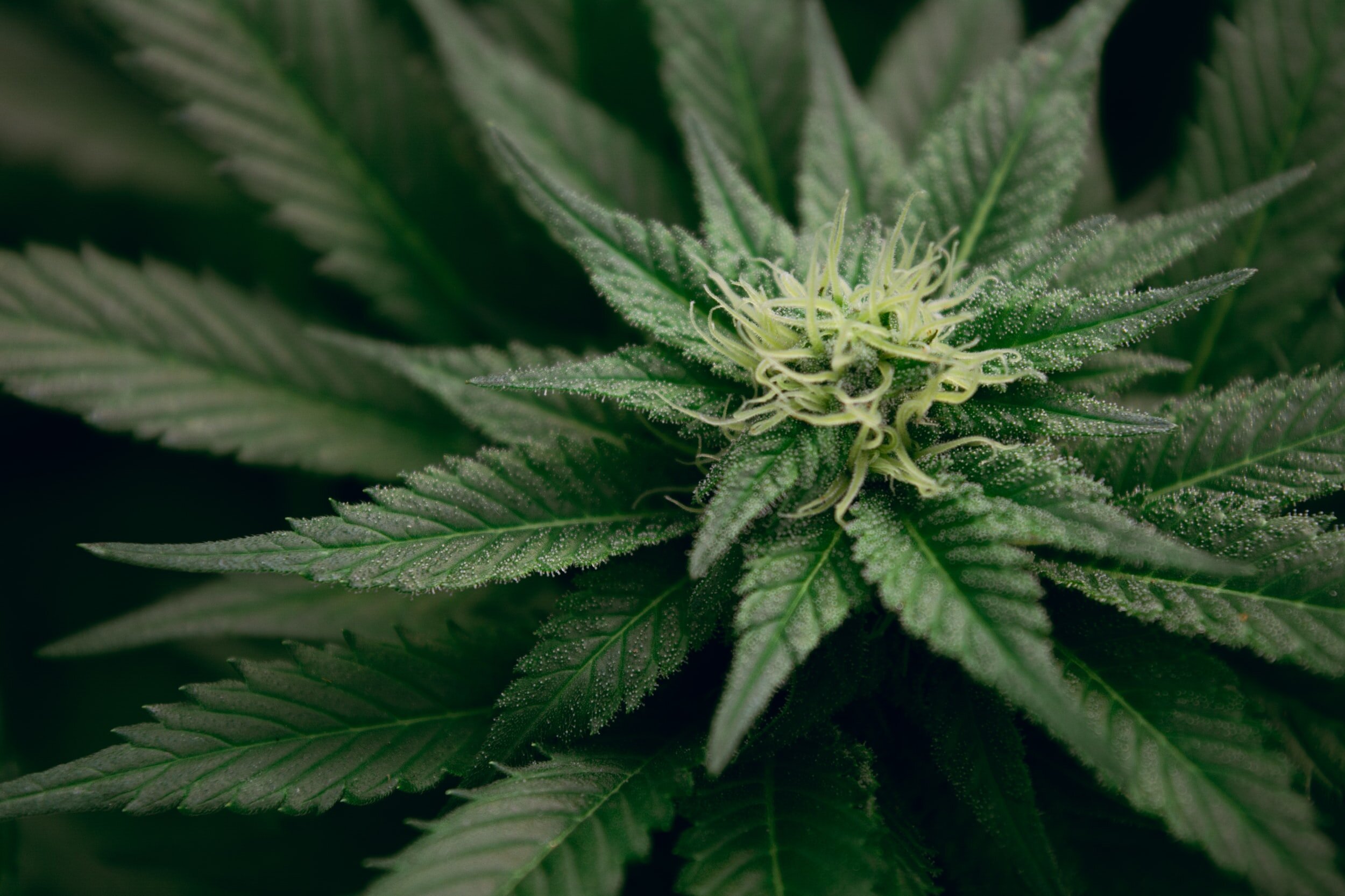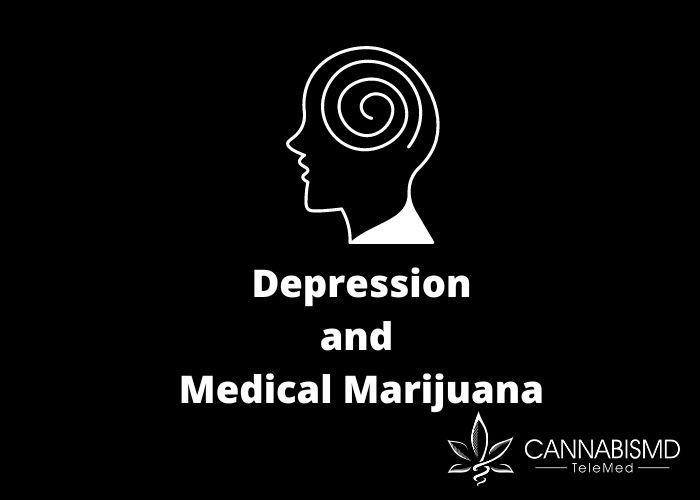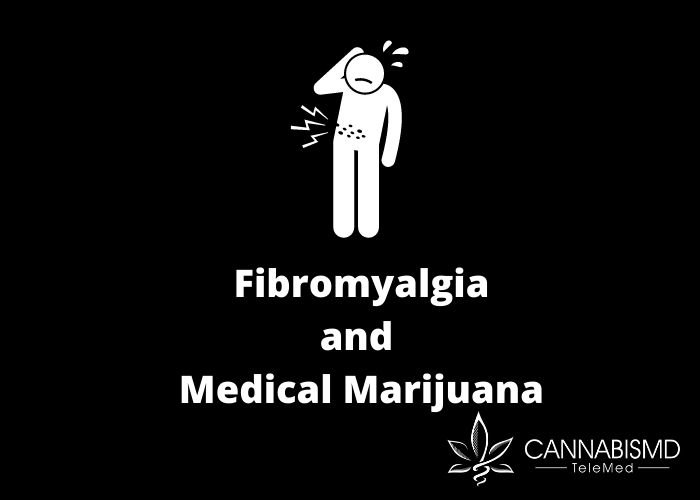
Virginia Medical Marijuana Qualifying Conditions: The Complete 2026 Directory
Medical marijuana is becoming a trusted form of relief for individuals managing a wide range of health conditions — from chronic pain and anxiety to insomnia and neurological disorders. Once you begin exploring how medical marijuana for depression in Virginia can improve your quality of life, you might be surprised at how many conditions can benefit from it. If you’re asking yourself “what does medical marijuana help with?”, our platform provides the guidance you need to find relief.

All Medical Conditions Can Qualify for Medical Marijuana in Virginia!
In Virginia, any diagnosed medical condition that a licensed provider determines could benefit from cannabis treatment can qualify you for a medical marijuana card. That means patients don’t need to fit a narrow list of diagnoses — they simply need a legitimate health concern that cannabis may help treat.
At CannabisMD TeleMed, our board-certified providers can evaluate your condition quickly and securely through a telehealth visit. If approved, you’ll receive your certification the same day and be able to access dispensaries throughout the state.
Below is a list of medical conditions that is commonly treated with medical marijuana.
Medical Marijuana for Depression: Treatment Options, Benefits, and Access in Virginia
Depression (Major Depressive Disorder) is a common and serious medical illness that negatively affects many areas of an individual’s life from how one feels, the way one thinks and acts but it is treatable. This condition can lead to feelings of sadness and/or a loss of interest in activities that were once enjoyable. Depression can also lead to a variety of emotional and physical problems and can decrease one’s ability to function at work and home.
Medical Marijuana for Fibromyalgia: A Natural Option for Pain Relief in Virginia
According to the National Institute of Arthritis and Musculoskeletal and Skin Diseases (NIAMS) about 5 million adults ages 18 or over in the United States experience fibromyalgia, and 80 to 90 percent of fibromyalgia patients are typically women.
Medical Marijuana Treatment for Colitis
Colitis is an inflammatory bowel disease (also known as IBD) that causes inflammation and ulcers( sores) in the digestive tract, it affects the innermost lining of the large intestine (colon) and rectum. Colitis can be debilitating and could even lead to life-threatening complications.
Medical Marijuana for Cerebral Palsy: A Comprehensive Guide to Symptom Relief and Treatment in Virginia
Cerebral Palsy (CP) is the most common cause of motor disabilities in childhood with signals of the disease appearing during infancy or preschool years, causing impaired movement associated with exaggerated reflexes, floppiness or spasticity of the limbs and trunk, posture defect, involuntary movements, unsteady gait, or could be a combination of these. According to the Centers for Disease Control and Prevention (CDC), it affects at least 1.5 to 4 out of every 1,000 children worldwide.
Medical Marijuana for Eczema: A Natural Approach to Relief and Healing
Eczema, also called atopic dermatitis, is a common skin condition marked by itchy and inflamed patches of skin. It is a reaction pattern that the skin produces in several diseases. It begins as red, raised tiny blisters containing clear fluid atop red, elevated plaques. When the blisters break, the affected skin will weep and ooze. In older eczema, chronic eczema, the blisters are less prominent and the skin is thickened, elevated and scaling. Different types and stages of eczema affect 31.6 million people in the United States, which equals more than 10% of the population.
Medical Marijuana for Bipolar Disorder: Can Cannabis Help Treat Mood Swings and Depression?
Bipolar Disorder, formally known as Manic Depression is defined as an imbalance in brain chemistry. Which leads to extreme emotional highs, known as mania or hypomania; and lows, known as depression. Bipolar Disorder is a chronic and lifelong illness, making it difficult for the patient to live a normal life if left untreated. Performing everyday tasks such as going to work, school or sustaining relationships; both personal and professional, become a challenge. Currently, there is no known cure for this illness. However, with proper medication and psychotherapy these symptoms an be managed effectively.
Chemotherapy and Medical Marijuana in Virginia: A Comprehensive Guide
Chemotherapy is an aggressive form of chemical drug therapy meant to destroy rapidly growing cells in the body. This therapy is used to treat cancer because cancer cells grow and divide faster than other cells.
There are many chemotherapy drugs available that can be used alone or in combination to treat a wide variety of cancers. Medical marijuana can help with many of the side effects of chemotherapy.
Epilepsy and Medical Marijuana: A Comprehensive Guide to Treatment Options
The Centers for Disease Control and Prevention (CDC) describe epilepsy as “a common brain condition that causes repeated seizure”. Epilepsy is a chronic non-communicable disease of the brain that affects around 50 million people worldwide. It is characterized by recurrent seizures, which are brief episodes of involuntary movement that may involve a part of the body (partial) or the entire body (generalized) and could be followed by loss of consciousness and loss of control of bowel or bladder function.
Crohn’s Disease and Medical Marijuana: Symptoms, Diagnosis, Treatment & Relief
Crohn's disease is a type of inflammatory bowel disease (IBD) that can involve different areas of the digestive tract in different patients. As many as 780,000 Americans have the condition, according to the Crohn’s & Colitis Foundation of America (CCFA). This inflammation often spreads into the deeper layers of the bowel. It can be both painful and debilitating and sometimes may lead to life-threatening complications.
What Are the Benefits of Medical Marijuana?
Medical marijuana is increasingly recognized for its therapeutic benefits in managing a wide range of health conditions. From chronic pain to neurological disorders, many patients are finding relief through medical cannabis when traditional treatments fall short. Research and patient testimonials alike highlight cannabis as an effective, natural alternative that can improve quality of life — with fewer side effects than many pharmaceuticals.
At CannabisMD TeleMed, we believe in making compassionate care accessible. Whether you're managing anxiety, insomnia, arthritis, or more complex autoimmune or neurological conditions, medical marijuana may help reduce symptoms and enhance daily functioning.
What Does Medical Marijuana Help With?
Medical cannabis offers wide-ranging therapeutic benefits, including:
Pain relief for chronic conditions like arthritis, fibromyalgia, and migraines
Reduced anxiety and depression through the calming effects of cannabinoids
Improved sleep for those struggling with insomnia or PTSD
Appetite stimulation for cancer and anorexia patients
Neurological support for epilepsy, MS, and Parkinson’s symptoms
In Virginia, any diagnosed medical condition can qualify you for a medical marijuana card — and our licensed providers can help you get certified quickly and securely.
Frequently Asked Questions
-
Medical marijuana may reduce pain and inflammation, support mental health, improve sleep, increase appetite, and reduce symptoms in a variety of chronic and acute conditions. It offers a holistic alternative to traditional medications — often with fewer side effects.
-
Virginia allows certification for any diagnosed condition that may benefit from cannabis. Common qualifying conditions include anxiety, PTSD, insomnia, arthritis, cancer, and many chronic illnesses.
-
It’s simple. Book a telehealth appointment with one of our licensed providers. If approved, you’ll receive your certification the same day and can begin accessing dispensaries across Virginia.
-
Yes. Many patients report that cannabis, particularly strains high in CBD or balanced with THC, helps relieve anxiety, promote calm, and improve emotional balance.
-
Yes, medical marijuana is legal for certified patients. You just need a provider’s recommendation and a diagnosed condition that may benefit from cannabis.
Start Your Medical Marijuana Evaluation Today
If you’re living with a medical condition that disrupts your daily life, medical marijuana may be a powerful tool for relief. At CannabisMD TeleMed, we make it easy to get certified — with quick, private, and affordable evaluations available entirely online.











